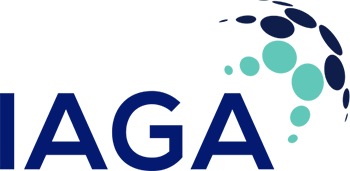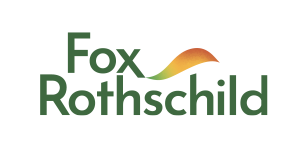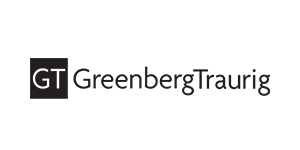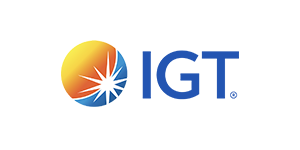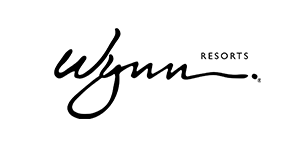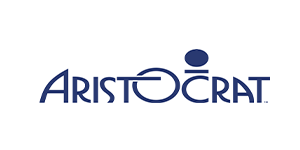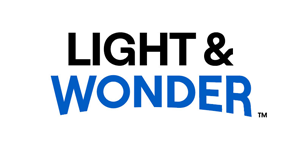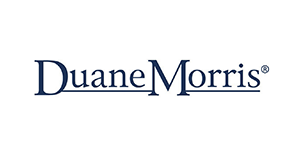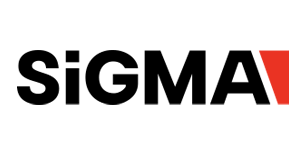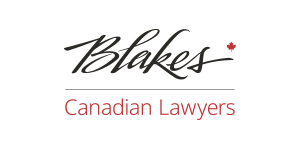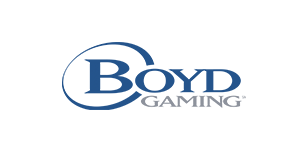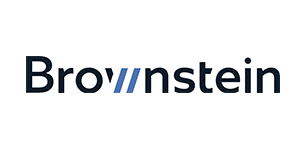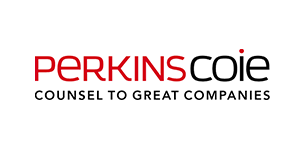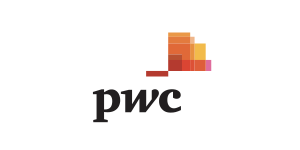- Home
- About IAGA
- Events
- Membership
- Sponsorship
|
Unlicensed gambling – growing threat or exaggerated myth? In November 2023, Andrew Rhodes, the Chief Executive Officer of the Gambling Commission, took part in a podcast discussion with The Gambling Files to reflect on and discuss topical issues affecting the gambling industry. Amongst the subject matter covered, Rhodes touched in Part 2: HE REVEALS MORE! on black market activity and the steps the Gambling Commission is taking to disrupt illegal gambling in Great Britain. This reflected themes in Rhodes’ keynote speech at the International Association of Gambling Regulators (“IAGR”) conference in Botswana on 16 October 2023, in which Rhodes noted whilst illegal online gambling market exists in Great Britain, as it does elsewhere: “it is not a significant concern and this position hasn’t fundamentally changed. However, that does not mean there is no illegal market or no risk”. Elsewhere, Lucy Frazer, the Secretary of State for Culture, Media and Sport had recently digested the contents of a letter from eight UK horseracing industry leaders, which reportedly warned that affordability checks will cost racing £250 million in funding over the next five years. A petition was then posted calling for the Government to abandon the planned implementation of affordability checks because “more intrusive checks triggered at a higher threshold risks bettors moving to the black market where there are no consumer protection or safer gambling tools”. This petition accumulated more than 100,000 signatures and triggered a debate in Parliament on 26 February 2024, which we discuss in our article: White Paper Series: Parliamentary debate on affordability and financial risk checks. So, is the black market really a growing threat, or an exaggerated distraction? What are the Gambling Commission and the Government doing to curb illegal gambling? And what can businesses do if their proprietary content (intellectual property (“IP”)) turns up on unlicensed sites? What is black market gambling? The term ‘black market’ gained popularity during World War II (when common household products were rationed to avoid hoarding) and generally refers to an illegitimate market in which commodities are being traded, exchanged or performed in an illegal manner. With regard to modern gambling in Britain, section 33 of the Gambling Act 2005 (as amended) (the “2005 Act”) makes it clear that it is an offence to provide facilities for gambling to customers in Great Britain from anywhere in the world, without holding a licence from the Gambling Commission unless a relevant exemption applies. Accordingly, it is common within the industry to refer to unlicensed online operators that illegally provide facilities for gambling to customers in Great Britain, without the appropriate licence or falling under a relevant exemption, as the “black market”. Why is unlicensed gambling bad? As Rhodes notes in his keynote speech at the IAGR conference, every gambling jurisdiction in the world has illegal online gambling: “Whether online gambling is prohibited or not, if you can access the internet, then you will be able to find a way to gamble. We all know this. It’s also worth pointing out at this point that what is an illegal, unlicenced [sic] operator for me in Great Britain may be a legitimate, licensed business for you and vice versa.” From a consumer perspective, one of the fundamental problems is that black market websites are not always distinguishable from those that are locally licensed – at least to the untrained eye. This means a consumer may be gambling on an illegal gambling site without even knowing it and, in this “Wild West” of the remote sector, unlicensed operators are not constrained by regulation. It is common to see consumer reports of problems, such as the inability to withdraw funds and difficulties contacting support in the event of a complaint. What is the Gambling Commission doing? As Rhodes noted in his IAGR speech, the Gambling Commission typically deploys an “intelligence-led approach” to combat black market operators, which means that ordinarily, they will issue a cease-and-desist letter to require the unlicensed operator to suspend their operations. Failing this, the Gambling Commission will implement “disruption techniques, using its partnerships or relationships with other companies”, which can include:
In addition, Rhodes described in his speech more novel steps that the Gambling Commission is taking to disrupt unlicensed, illegal online operators through collaboration with others: “…this means we’ve been going further upstream, further away from where our formal powers begin and have been looking to work with others to get between those illegal operators and British consumers and generally frustrate their business and force them out of our market.” And this has included:
Lessons for licensed operators If you hold a British licence and are contacted by the Gambling Commission about a black market website, we recommend that you take professional advice. You may also want to consider taking one or more of the following steps:
to mitigate the risk that your IP rights are exploited illegally in the future; and
Please get in touch with Harris Hagan if you would like assistance responding to a Gambling Commission request, or if would like to discuss the themes in this article more generally. The word count of this article has been reduced for the IAGA website. If you would like to read the full version, it is available here: Unlicensed gambling – growing threat or exaggerated myth? |
